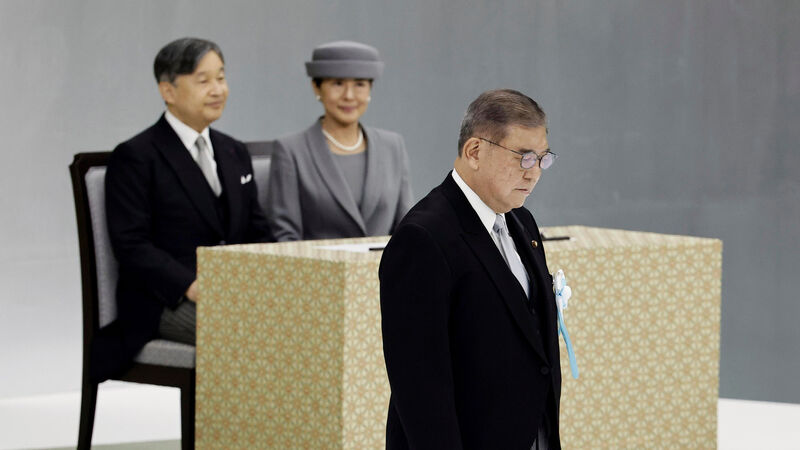Japan marks 80th anniversary of Second World War surrender

Japan is paying tribute to more than three million war dead as the country marks its surrender 80 years ago, ending the Second World War, as concern grows about rapidly fading memories of the tragedy of war and the lessons from the era of Japanese militarism.
Prime Minister Shigeru Ishiba expressed “remorse” over the war, which he called a mistake, restoring the word in a Japanese leader’s August 15 address for the first time since 2013, when former premier Shinzo Abe shunned it.











